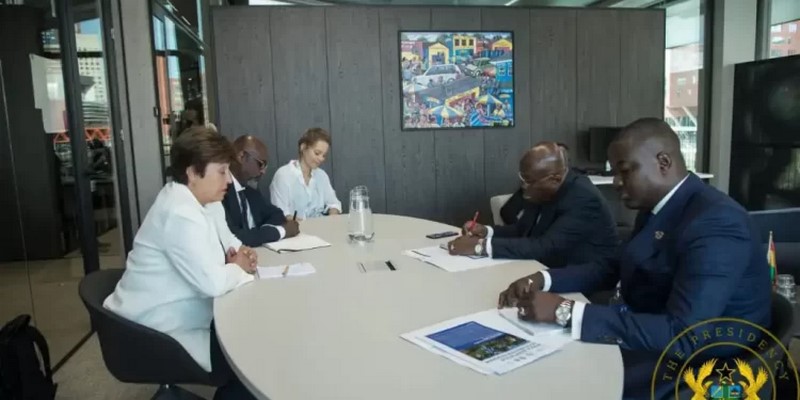Tariff hikes, new taxes critical for Ghana’s bailout deal – IMF

In an effort to help Ghana resolve its balance of payment issues, the International Monetary Fund (IMF), has justified Ghana’s adoption of three mobilization measures as well as the increment in utility costs.
The Excise Duty, Growth and Sustainability, and Income Tax Amendment bills aim to bring in GH4 billion annually for the nation despite opposition.
These are seen as essential elements of the nation’s US$ 3 billion, three-year Extended Credit Facility with the IMF, along with the anticipated tariff increases in June.
In light of other challenging economic circumstances, Dr. Leandro Medina, IMF Resident Representative in Ghana, has been arguing in favor of changes.
“The revenue measures that have been passed between December and April are part of the prior actions. It’s very important to mobilize revenue. Revenue to GDP in Ghana is very low as compared to other countries. Ghana is making a huge effort to increase revenue, and this will be done mainly by increasing the tax base. What is important to say is that this is a large and front load fiscal consolidation”, he said on the Point of View on Accra-based Citi TV.
After the IMF agreement, Ghana’s foreign reserves increased to $5.7 billion.
The nation’s gross international reserves have risen to US$5.7 billion as a result of the US$3 billion agreement reached with the IMF.
These are the key findings from the data the Bank of Ghana made public.
“With the approval of the IMF-supported programme and receipt of the first tranche of the disbursement, the gross international reserves have increased to $5.7 billion as of Friday 19 May 2023 equivalent to 2.6 months of import cover”, Governor of the BoG, Dr. Ernest Addison said on Monday during the Monetary Policy Committee Press Conference.
Source: Citinewsroom



